Aluminium Coil Or Sheet For Boat
When it comes to maritime design and construction, selecting materials that balance strength, weight, and corrosion resistance is critical. Aluminium coil and sheet has gained popularity in boat manufacturing due to its exceptional properties that cater to these needs.
Functions of Aluminium Coil and Sheet
Aluminium coils and sheets serve multiple functions in the boat building process:
- Structural Strength: Aluminium provides excellent structural integrity, significantly contributing to the boat's overall strength and resilience under harsh maritime conditions.
- Lightweight: It has a low density, making it an ideal material for reducing the overall weight of vessels, which in turn decreases fuel consumption.
- Corrosion Resistance: Aluminium’s natural oxide layer offers significant resistance to corrosion, especially in seawater environments.
- Ease of Machining: Aluminium can be easily shaped, cut, and welded, making it extremely versatile for various boat designs.
Applications of Aluminium Coil and Sheet in Boat Building
The use cases for aluminium coils and sheets in boat manufacturing are wide-ranging, encompassing various components and structures:
- Hull Reinforcements: Used as a primary material for hulls, providing protection and performance.
- Decks and Interiors: Lightweight sheets are utilized for decking and enhancing interior architectural features.
- Transoms and Bulkheads: Strong structural applications for stability and durability.
- Machinery Casings: Serves to enclose mechanical equipment while maintaining light weight.
- Aluminum Trailers: Provides superior strength while reducing total vehicle weights.
Technical Specifications
To better understand aluminium coil and sheet, it’s important to examine its technical characteristics. Below are parameters and specifications typically applicable to aluminium used in marine applications.
Parameters
| Parameter | Value |
|---|---|
| Material Type | Marine Grade Aluminium (e.g., 5083, 6061) |
| Thickness Range | 0.5mm - 10mm |
| Width Range | Up to 2000mm |
| Length | Customizable (up to maximal values based on type) |
| Treatment Method | Anodizing, Epoxy Coating |
Alloy Tempering Conditions
When discussing theatrical aluminum alloys used in marine applications, the tempering processes are crucial. Some of the alloy tempering states commonly designated for marine use include:
| Alloy Type | Temper Designation | Description |
|---|---|---|
| 5083 | H321 | Excellent corrosion resistance & welding properties, widely recommended for marine applications |
| 6061 | T6 | Superior mechanical properties, good weldability, robust performance |
Chemical Properties
The chemical compositions represent another crucial aspect of aluminium forms suitable for use at sea. Below are typical chemical compositions found in widely used aluminium alloys:
| Alloy | Si | Fe | Cu | Mg | Mn | Cr | Zn | Ti | Other Elements |
|---|---|---|---|---|---|---|---|---|---|
| 5083 | 0.4 | 0.4 | 0.2 | 4.0 | 0.4 | 0.15 | 0.25 | 0.1 | 0.1 max In total |
| 6061 | 0.4 | 0.7 | 0.15 | 1.0 | 0.15 | 0.4 | 0.25 | 0.15 | 0.1 max In total |
Implementation Standards
Marine aluminium products must adhere to specific industry standards to ensure safety, quality, and performance is met:
- American Boat and Yacht Council (ABYC): Sets safety and performance standards specifically for the marine industry.
- DNV GL / Lloyds Register / Bureau Veritas: Classifications standards that provide verification of materials and design.
- ISO 9001: Quality systems certification applicable for manufacturing processes.
Related Products
Marine 5383 aluminum sheet
5383 aluminum is a strain-hardened, non-heat-treatable alloy from the 5xxx series primarily alloyed with magnesium. It exhibits a unique balance of corrosion resistance and mechanical properties particularly suited for marine applications.
View DetailsMarine 5052 aluminum sheet
Aluminum alloy 5052 is a non-heat-treatable, strain-hardened alloy with magnesium as the primary alloying element. It is designed to offer superior corrosion resistance in marine and saline environments, making it a dependable choice for components exposed directly to seawater or coastal atmospheric conditions.
View DetailsMarine perforated aluminum sheets
Marine Perforated Aluminum Sheets feature a series of uniform holes or shapes punched through the aluminum surface. These perforations can vary in size, pattern, and open area to tailor the sheets for specific applications.
View DetailsMarine anodized aluminum sheets
Marine Anodized Aluminum Sheets start with premium marine-grade aluminum alloys such as 5000 and 6000 series (typically 5083, 5052, and 6061).
View DetailsMarine 5059 aluminum sheet
5059 aluminum alloy is a strain-hardened material with a unique addition of magnesium and chromium, which provides outstanding resistance to localized corrosion like pitting and stress corrosion cracking.
View DetailsMarine 5086 aluminum sheet
This product article provides an in-depth and comprehensive understanding of Marine 5086 Aluminum Sheets, including their chemical composition, mechanical properties, corrosion resistance, fabrication capabilities, and typical marine applications.
View DetailsRelated Blog
5754 marine grade aluminium alloy sheet
Comprehensive capabilities and technical specifications of 5754 marine grade aluminium alloy sheets. Ideal for marine applications, this alloy offers excellent corrosion resistance, superb weldability, and robust mechanical properties, ensuring durability
View DetailsMarine aluminum 5083
In-depth insights into Marine Aluminum 5083, its chemical composition, mechanical properties, temper conditions, and why it stands as the premier alloy for marine and offshore structural applications.
View DetailsMarine grade aluminum for ship building aluminium sheet 5052 h111
Superior strength, corrosion resistance, and durability of marine grade aluminum 5052 H111 aluminum sheets, ideal for shipbuilding applications requiring high fatigue strength and excellent seawater performance.
View Details6061 5mm thick 4x8 aluminum sheet for boat
When it comes to maritime applications, selecting the right materials is crucial. Among the varied options available in the world of marine engineering, the 6061 aluminum alloy stands out especially for its versatility, durability, and performance.
View Details5052 Aluminium Coil for Marine Material
The 5052 aluminium coil is a transformative material, particularly favored in marine applications due to its excellent corrosion resistance, weldability, and remarkable strength characteristics.
View DetailsAluminum Sheet for Boat 5083 H111 H112 H116 H32
The Aluminum Sheet 5083 series is notably recognized in marine and industrial applications, particularly aluminum sheets used for boat construction. Among the temper designations, H111, H112, H116.
View Details

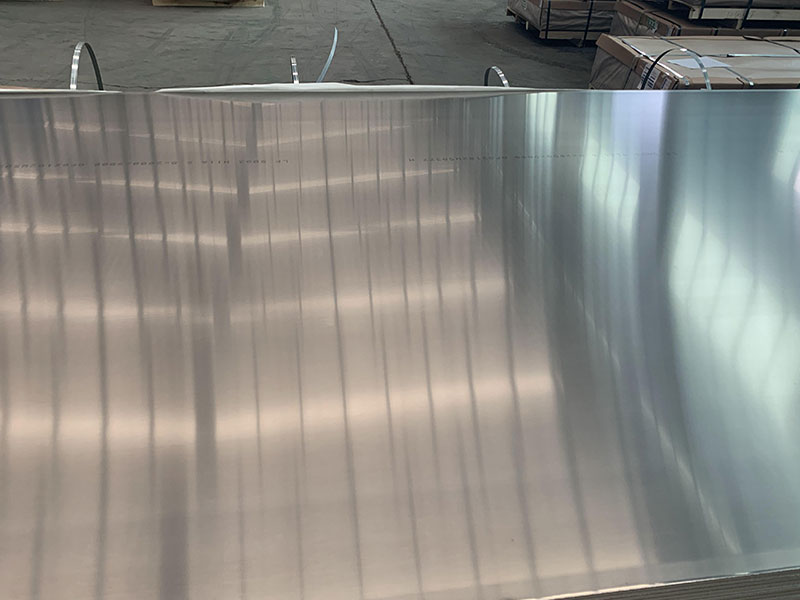
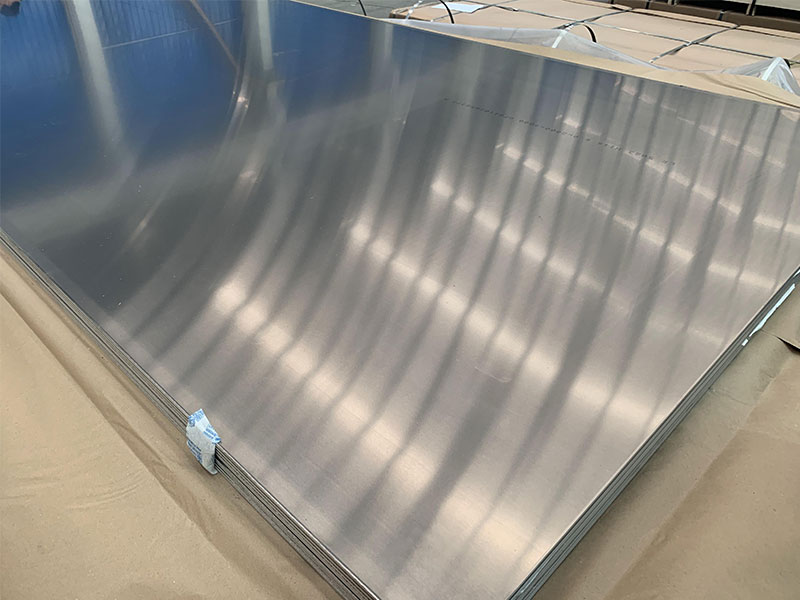
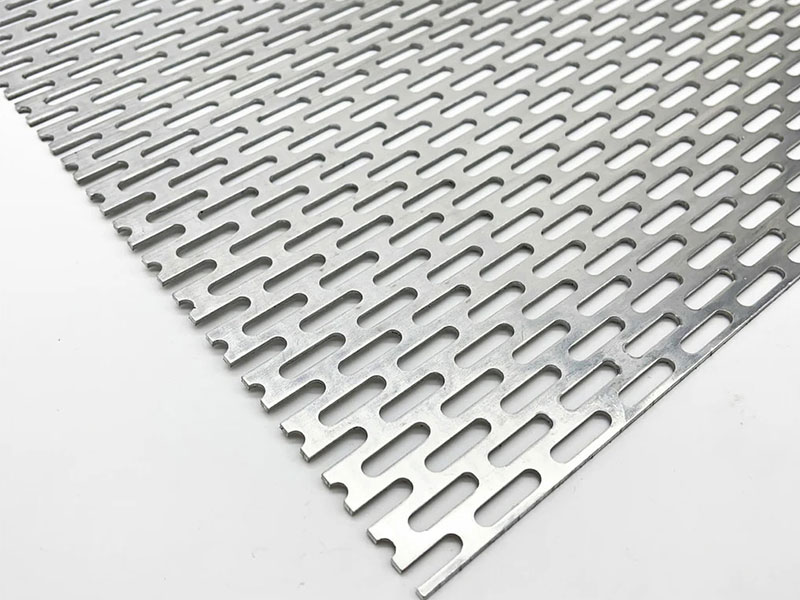
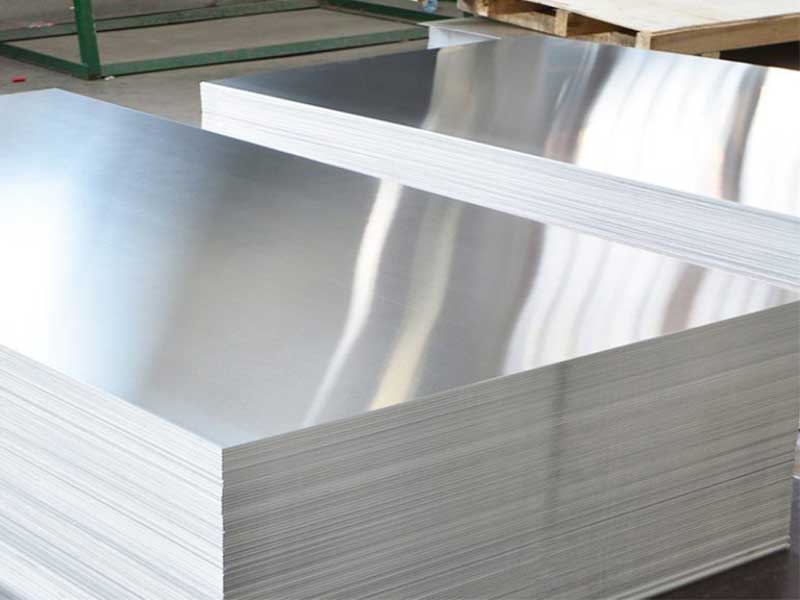
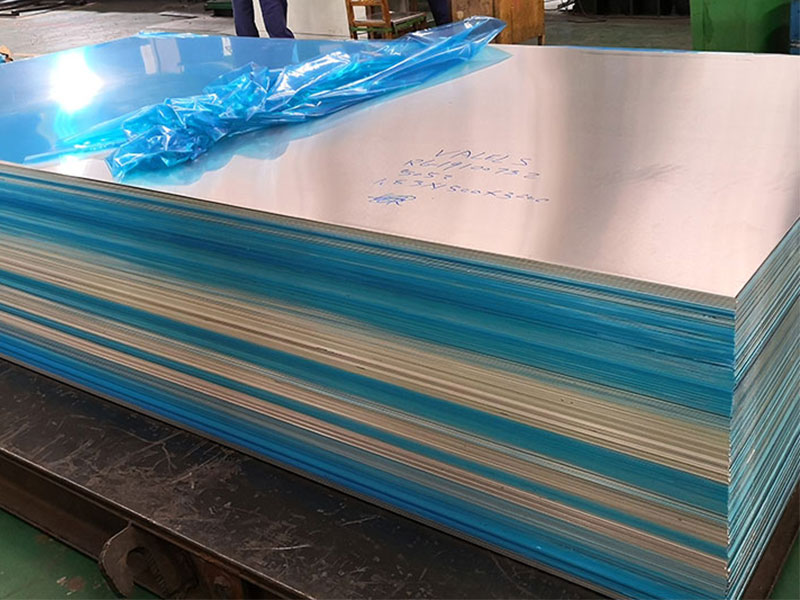
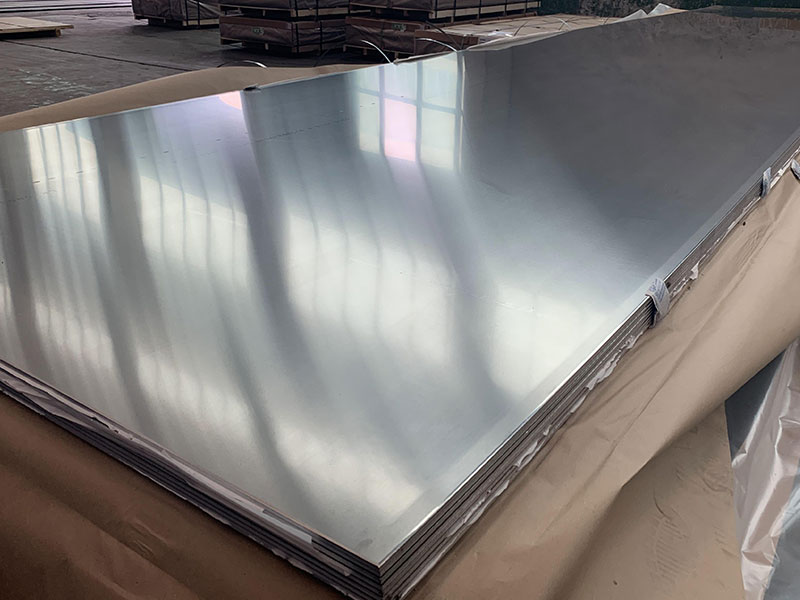






Leave a Message